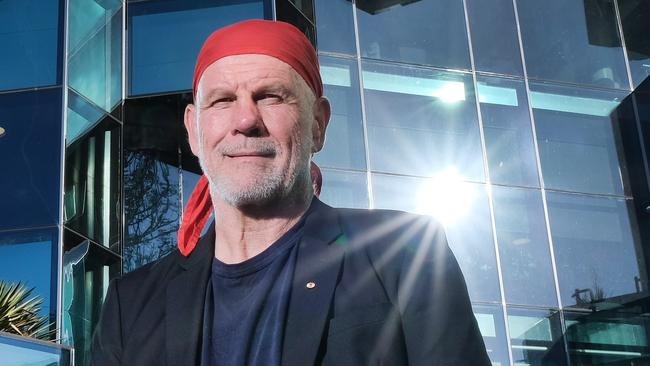
The republic is devoid of the burning injustice that drives mass campaigns for women’s rights, freedom from violence and sexual harassment, purging the curse of racism, delivering justice to Indigenous people, contesting Australia Day and holding elites to new standards of accountability.
The republic, by contrast, seems a campaign dominated by elites – a contest that invokes little energy or enthusiasm. It has no minority grievance to inspire new generations of activists. It cannot slot into the victim-oppressor paradigm that ignites today’s progressive causes. Casting a near flawless, ageing Queen as an agent of oppression defies the wildest propaganda.
The defining republican crusades of Paul Keating and Malcolm Turnbull in the 1990s seem historical artefacts. The zeitgeist has moved on and the republic is left behind. Progressives prioritise enhancements in individual identity and group rights. The republic doesn’t speak this language. Its clarion call – “an Australian as head of state” – remains a beacon of clarity and enduring logic but empty of the feelings it once engendered.
Polls show young people have declining interest in the republic or aren’t signed up for the cause. How vital is a republic when the planet faces a climate emergency? This is the outlook of many progressives. They wear the republican badge but only as a meaningless gesture. The badge, not the achievement, is enough. Lord, give me a republic but not yet.
The republic is entering the vault of moribund issues, betrayed by its supporters. Witness the non-action during the Rudd-Gillard-Rudd era. Will we see a repeat under an Albanese government? If so, the republic’s death will be confirmed. Who on the progressive side even raises the subject? Reformism works only when priorities are sorted. And the Labor Party and progressives have sorted their priorities.
Anthony Albanese has long since announced the unfinished constitutional business for an ALP government will be implementation of the Uluru Statement, enshrining in the Constitution the voice to parliament. He said Australia was permanently diminished and not a “whole nation” without this achievement (a constitutional goal that does not enjoy bipartisan support).
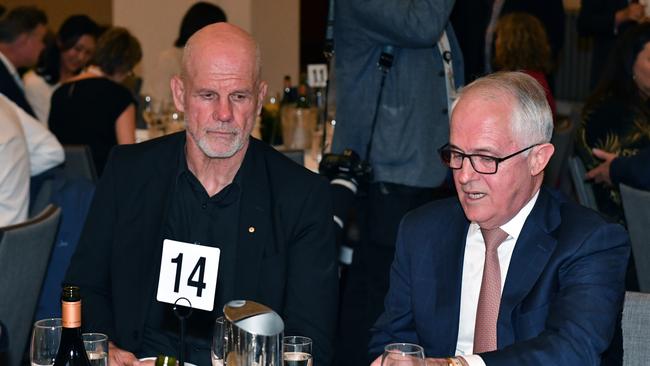
Albanese said earlier “we can’t move on to other constitutional questions” until the Uluru Statement was given constitutional life. Sorting priorities makes sense, unlike Bill Shorten’s untenable plan of doing the voice and the republic in the same time frame. But Albanese’s objective to achieve this referendum in Labor’s first term is deluded. It won’t happen.
This debate is yet to engage mainstream Australia, as recent polls show. Once it becomes a referendum proposal then serious critiques will be lodged and opposition in principle will come from the Coalition parties. How this debate is resolved defies prediction.
But the process will be long and difficult and keep the republic in the shadows for even more years. Constitutional monarchists have put down their political weapons; they have nothing to fight.
The republic suffers from an intellectual and political crisis that is unresolved since the 1999 referendum defeat. This is a collective failure that hangs in the closet of all republican advocates, including this writer. That failure has become a chronic embarrassment.
The lesson from 1999 is permanent division among republicans over the model, thereby guaranteeing the No case always has a majority at a referendum – that majority comprising monarchists and republicans hostile to whatever model is on offer. It means referendums will be lost even if a narrow majority of the public prefers the republic in principle.
Last month’s model released by the Australian Republic Movement is a forlorn bell for a cause now more confused, incoherent and hopeless. Desperate to unite republicans the ARM proposes a weird hybrid – all parliaments, state, territory and national, can nominate presidential candidates with up to 11 nominees being allowed and the public then votes on the president in a direct election ballot.
Given a preferential system, the president might be elected with about 20 per cent or even less of the primary vote. But this hybrid will alienate all sides. Genuine direct election advocates will cry “fraud” since there is no open nomination of candidates, just selection by politicians whom they loathe. Opponents of direct election will not be assuaged by having politicians decide nominees. That will never curb their hostility to having any president with a direct mandate from the people.
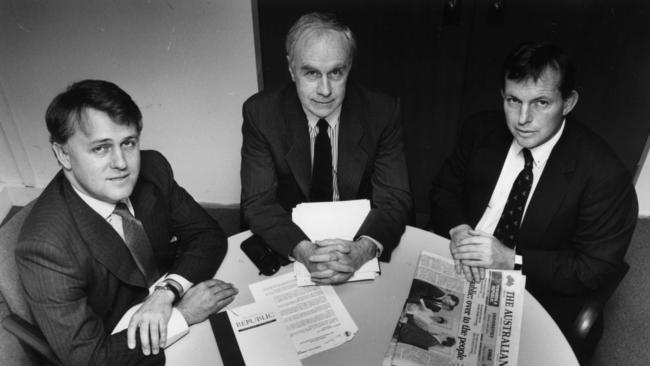
If you think this process might deliver an impartial president typified by the past three governors-general – Quentin Bryce, Peter Cosgrove and David Hurley – you could not be more wrong. An election contest in Australia guarantees a political process, statements of intent or policy and competition. The media would have a field day backing and dumping on various candidates. Many states would work to get up their candidate.
And why should the states, as separate jurisdictions appointing their own governors and having no role in the appointment of the governor-general, be given an integral role in the selection of the national president? We know why: it’s to buy referendum votes.
Turnbull said he would vote for the model but felt it was dead on arrival. Keating denounced it as a “massive shift” in our system of government, institutionalising the danger of rival power centres by setting a president with a popular mandate against the prime minister. The ARM doesn’t get it – fooled by popular election slogans, it thinks the public will buy a republic that compromises our Westminster system. It won’t.
Tony Abbott, loyal monarchist, uses the same argument as Keating in his denunciation. Can you imagine the alliance against this model if it ever got to a referendum – which won’t happen?
Unfortunately, the bad news gets worse. The ARM model goes part of the way to codifying the reserve powers in a move that will turn conservatives incandescent with fury. The 1990s Keating model avoided any dispute about the reserve powers by merely providing they become attached to the presidency. Some people didn’t like that, but it was essential to giving the republic referendum a chance.
Keating knew that trying to codify the reserve powers meant reopening the 1975 crisis issue. This would be the kiss of death for the republic. Yet this is exactly what the ARM model does – it makes unconstitutional a president dismissing a prime minister denied supply but still enjoying the confidence of the house. It tells the Coalition and all its supporters what it did in 1975 will be outlawed since there is no point using the Senate’s power without having a governor-general’s power to enforce it.
There is no question the conflict over powers arising from 1975 and John Kerr’s improper dismissal of Gough Whitlam should be resolved (preferably by removing the Senate’s supply power, though this would never pass). But asking Australians to vote for a bizarre model that settles the 1975 issue on Labor’s terms and against the Coalition only destroys any prospect of bipartisanship on the republic, guarantees an unnecessary partisan brawl and means the republic is marginalised even further as a low-energy project unable to offer a viable model.


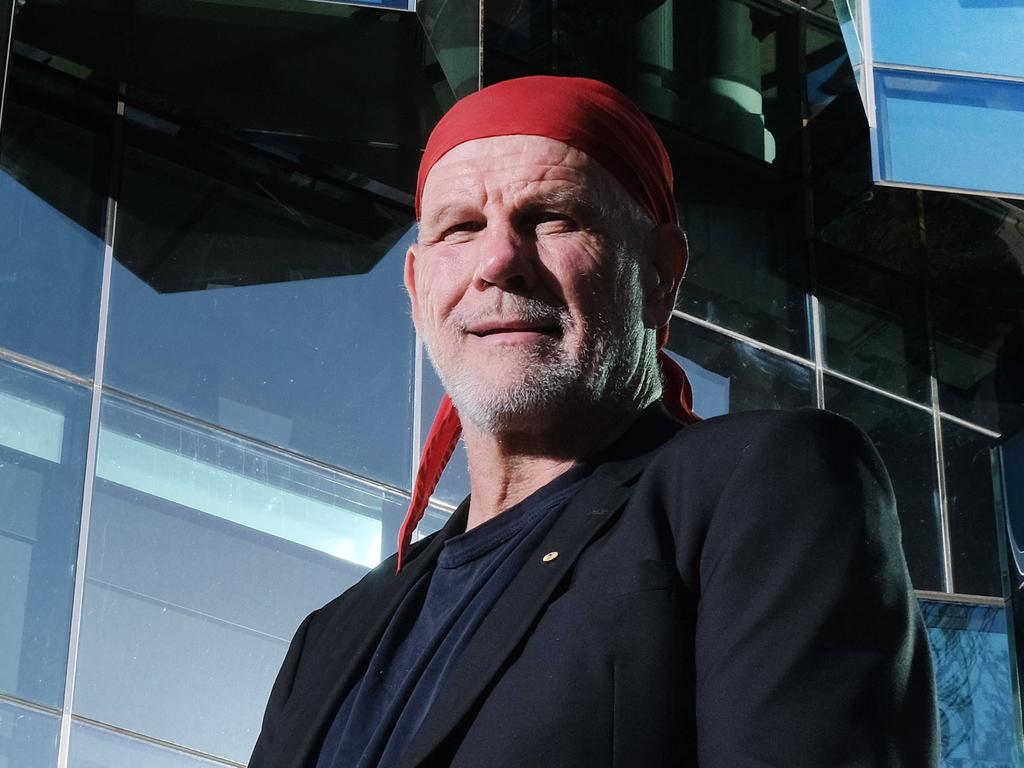
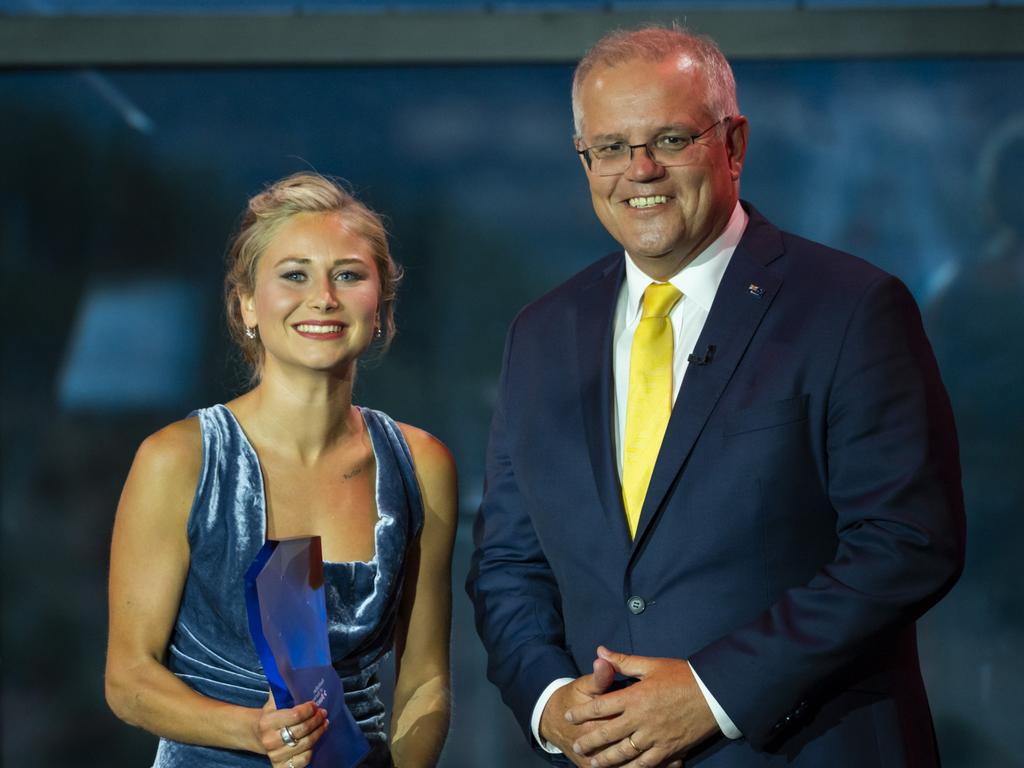
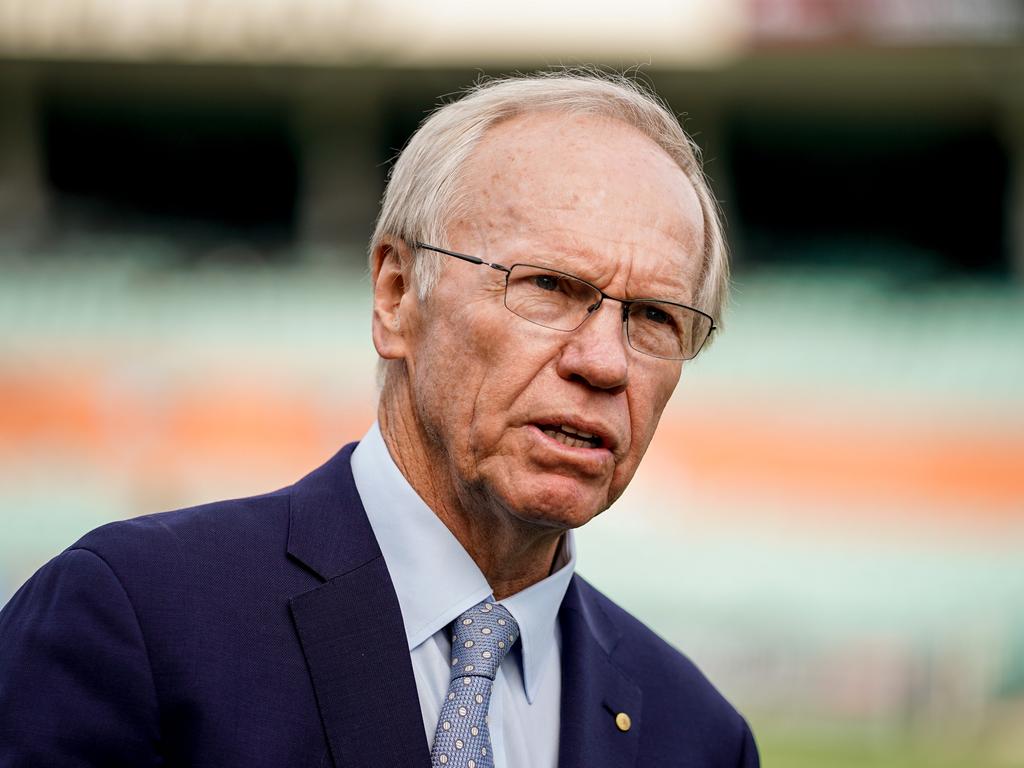
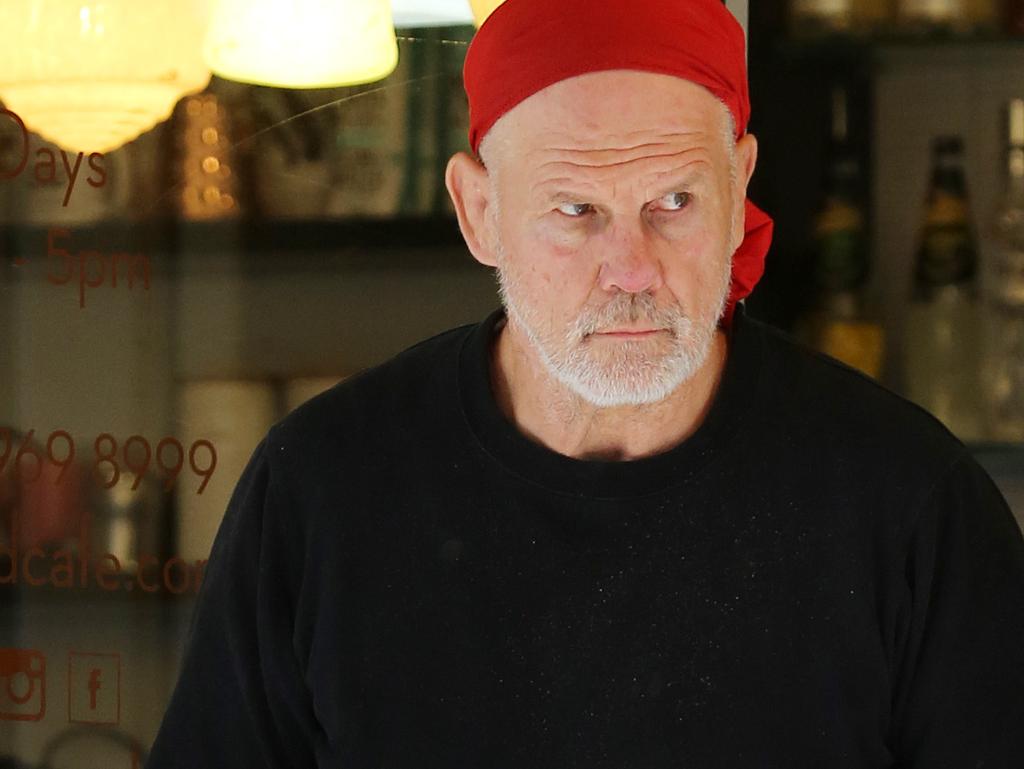

As the mood and priorities of progressive politics change, the cause of the Australian republic slips further into oblivion as it seems stale, almost outdated, in a world consumed by righteous causes of social justice and identity politics in its racial, gender and sexual dimensions.